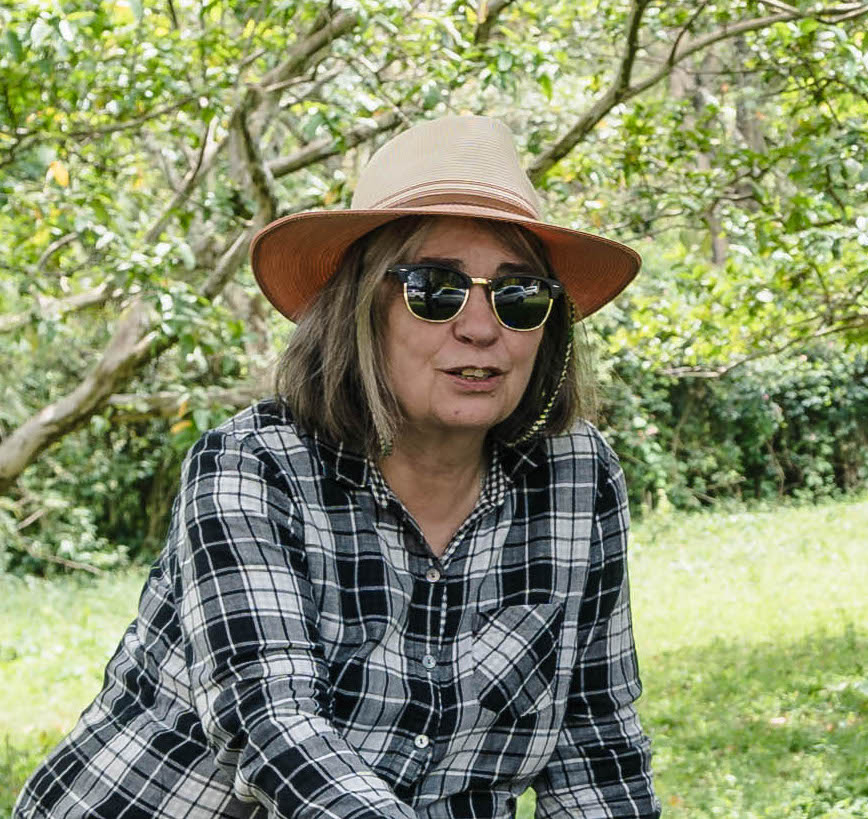Beth is an agroecologist who holds a PhD in Soil and Crop Sciences from Cornell University. She’s spent 45 years serving small holder farmers, particularly in eastern Africa. She was formerly with Cornell International Institute for Food, Agriculture and Development (CIIFAD), where she was associate director of their transdisciplinary, food system and poverty reduction doctoral training fellowship, focused on Kenya and Ethiopia. She retired from Cornell in 2018, to concentrate on supporting ecological agriculture organisations and farmers as the PI of the Kenya Agroecology(AE) Hub.
Beth currently lives in Kenya for extended periods of time, supporting Farmer Research Networks on topics ranging from soil fertility (multi-purpose crops such as Lablab purpureus), income generation (Fermented feeds) to pest management (termites and mole rats). These activities are anchored in the development of Manor House Agricultural centre as a lighthouse for agroecology in the region.
What in you past professional and personal experience is most relevant to the work you are currently doing?
Just about everything. I had two long stints of immersive grassroots development experiences in Kenya that made my academic work much more relevant and focused– one between my Bachelors and Masters degrees and the other between my Masters and PhD. Then, after finishing my PhD, my jobs involved supporting farmers and development organizations in Eastern and Southern Africa. It’s all greatly contributed to the work I do today, which embraces the complexities of and interactions between natural and social systems.
Why do you work at IDEMS?
I’m very aligned with IDEMS’s service orientation. I had worked with both David and Danny before IDEMS was an official entity and when I retired from Cornell we joined forces due to a shared passion to support capacity building efforts in western Kenya and beyond. The shared ambition gives us direction, while the adaptive learning approach has enabled us to be patient as we work carefully with partners to take good next steps.
What role do you think tech can/should/could play in social impact?
First and foremost technological tools are needed to promote social learning and collaboration between partners.



Leave a Reply